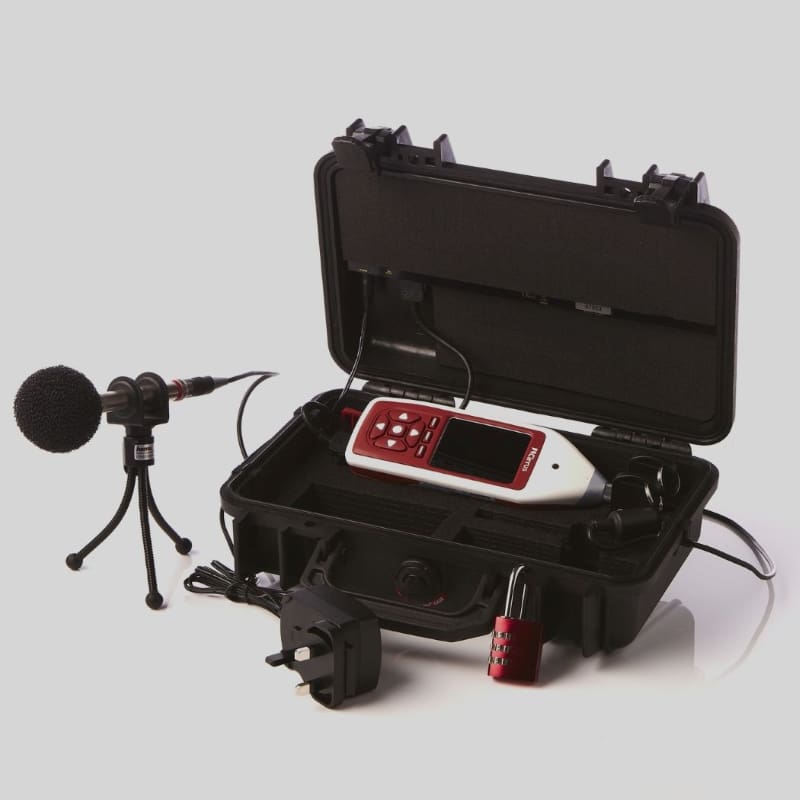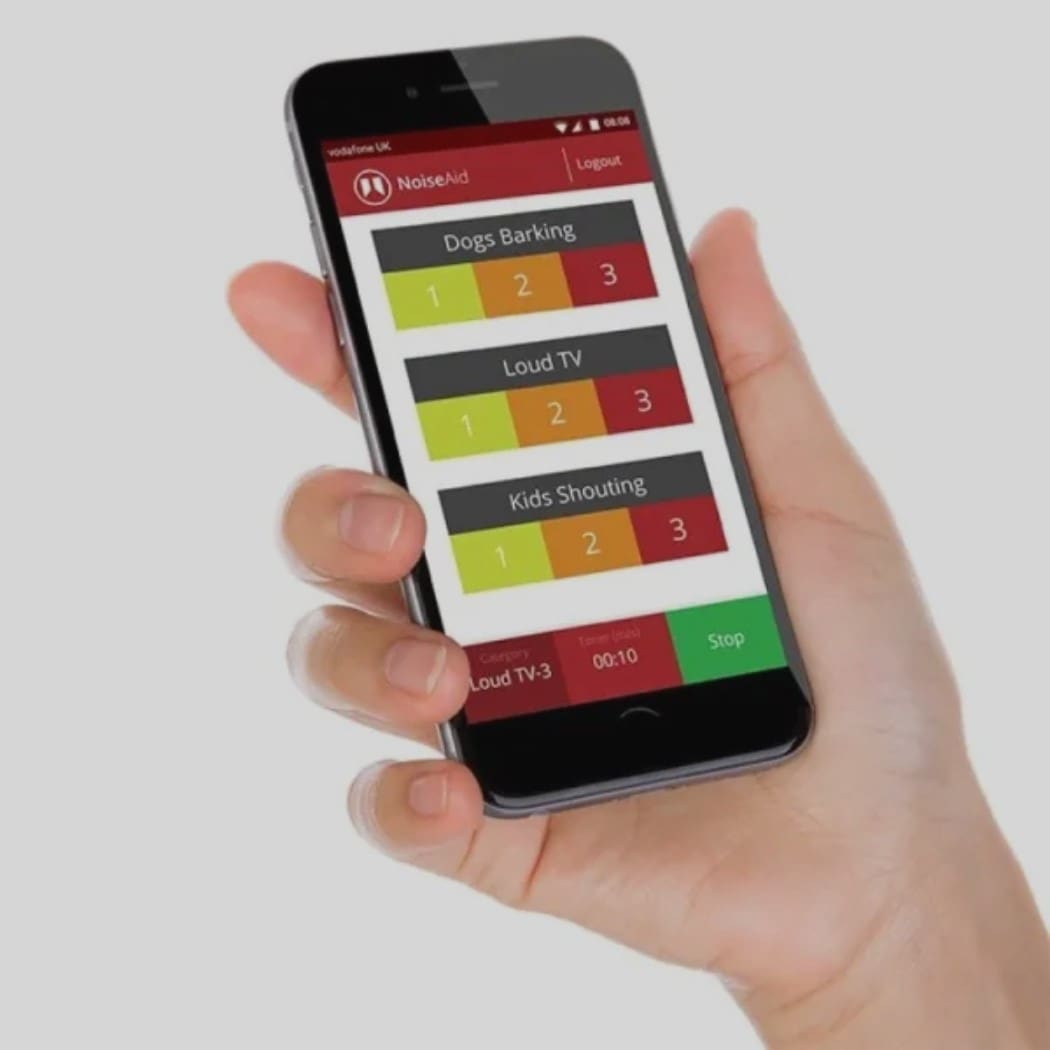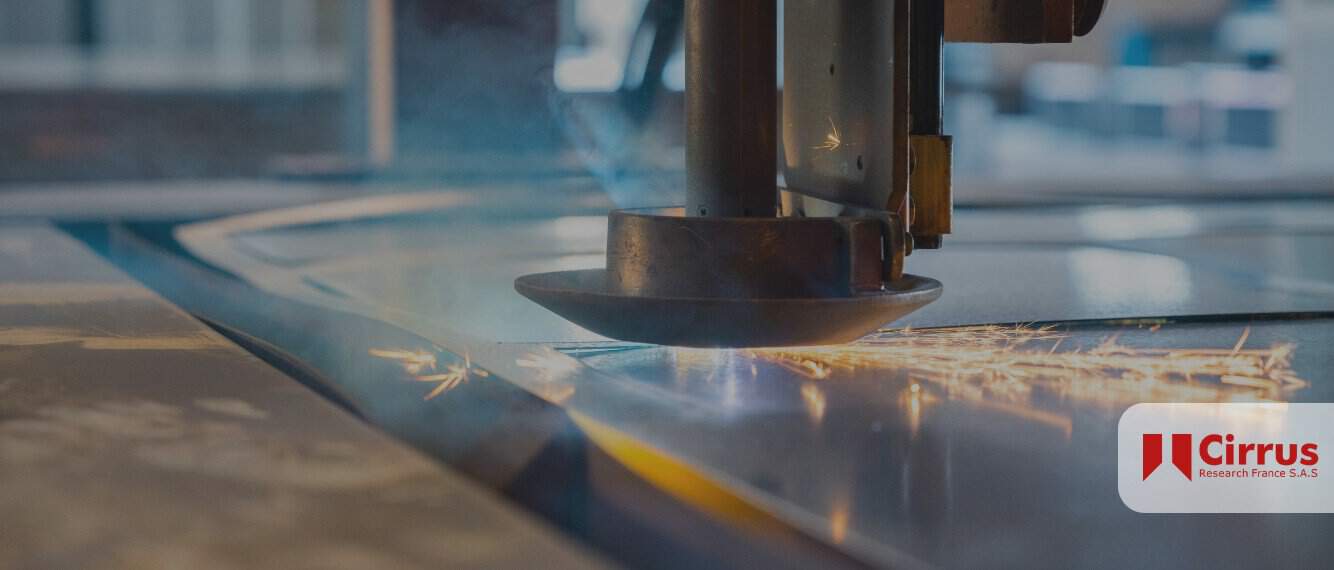Muhammad Islam, Senior Environmental Health Officer at Newham Council’s Noise and Nuisance team, explains: “The diversity within Newham Borough makes it a vibrant and exciting place to live. However, like all boroughs, we have our challenges such as noise nuisance complaints – of which we get on average, around 155 a week from residents.
We have a duty to investigate complaints of noise nuisance; the most common being continuous barking dogs, car doors slamming at night, loud music or televisions, shouting, banging doors and DIY activities. Many noise problems, particularly those involving neighbours, can be resolved informally by individuals speaking to each other to explain the problem. However, if this approach fails, we put processes in place to help.
Councils and local authorities across the UK have slightly different adaptations and approaches to enforcing noise nuisance. There is no set guideline for noise or frequency of decibel (dB) levels that residents have to follow and it is up to the individual councils and boroughs to use their own judgement for statutory noise nuisances under Section 79 of the Environmental Protection Act 1990.
In most scenarios, local authorities and councils like Newham, advise that in reported cases of noise nuisances, the resident approaches the individual responsible directly, which more often than not, results in both parties coming to an amicable agreement. However, this approach doesn’t always work and the next suggested step is an independent third party mediation procedure.
If the noise nuisance persists and informal action fails to resolve the problem, a formal complaint needs to be implemented; residents then approach the Noise and Nuisance team to investigate directly, which involves regular visits from a Noise Officer.”
A noise nuisance recorder is installed if: the noise is intermittent, it is not witnessed despite officers visiting the complaint on a number of occasions or it cannot be witnessed because it occurs when the council’s out of hours noise response service is not in operation. This machine records the noise levels over a 7-10 day period and is used to help decide whether it constitutes a statutory noise nuisance and if further action is required.
“The Trojan has saved the council and residents a substantial amount of time and money!”
Muhammad Islam explains, “A noise nuisance recorder is an extremely valuable piece of equipment for local authorities and housing associations, as it provides the means of monitoring whether a noise complaint by a local resident is credible. The results that we gather from the noise monitoring instrument give us a clear idea of whether the noise nuisance report is legitimate and whether or not we issue an abatement notice.”
To help obtain vital information and record concise and clear data to support noise nuisance cases, Newham Council has recently invested in two Trojan Noise Nuisance Recorders from Cirrus Research. The Trojan helps local authorities and housing associations provide quick and accurate noise measurements to support noise nuisance cases and it is supplied in a discreet backpack, allowing the officer who installs the Trojan to leave with the same backpack, so as not to arouse the suspicion of neighbours.
Muhammad Islam concludes: “Previous noise nuisance recorders have been very complex to use, making it difficult for members of the Noise and Nuisance team to configure the instruments to their specific requirements. It is vital that a noise measurement instrument is simple to use and that the measured noise is accurate. The Trojan does just that; it is simple to use and has the functionality that is necessary for noise nuisance to be accurately measured. When the instrument is inside the small black box it is connected to an interface. When this is connected, the instrument recognises that it is plugged in and switches to noise nuisance mode. This configures the instrument automatically to give the functions and features needed, removing the need for any setup or configuration.
Cirrus Products Used in This Case Study

The Trojan2 Noise Nuisance Recorder is a simple and effective solution for measuring and monitoring noise nuisance complaints.

NoiseAid is a web-based application that gives you and your users a quick, simple way to gather information about the noise sources that they are concerned about. Users can instantly log noise disturbances via any smartphone, tablet, laptop or desktop computer using the simple interface, adding notes when the noise has ended.
NoiseTools is our licence-free noise measurement database, supplied as standard with our sound level meters, noise dosimeters, and noise measurement kits, to help you manage and control noise levels in your workplace or in the environment.



